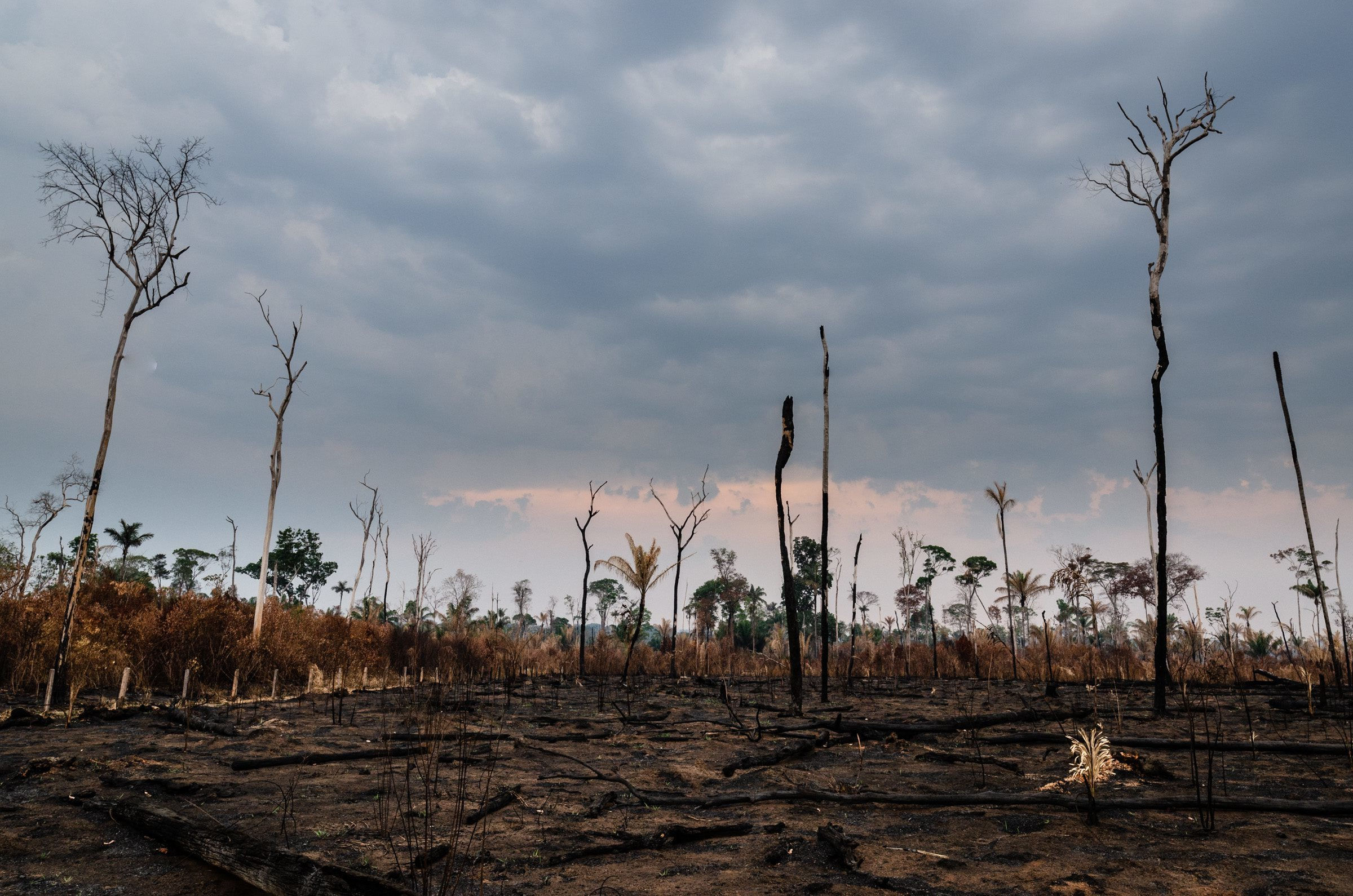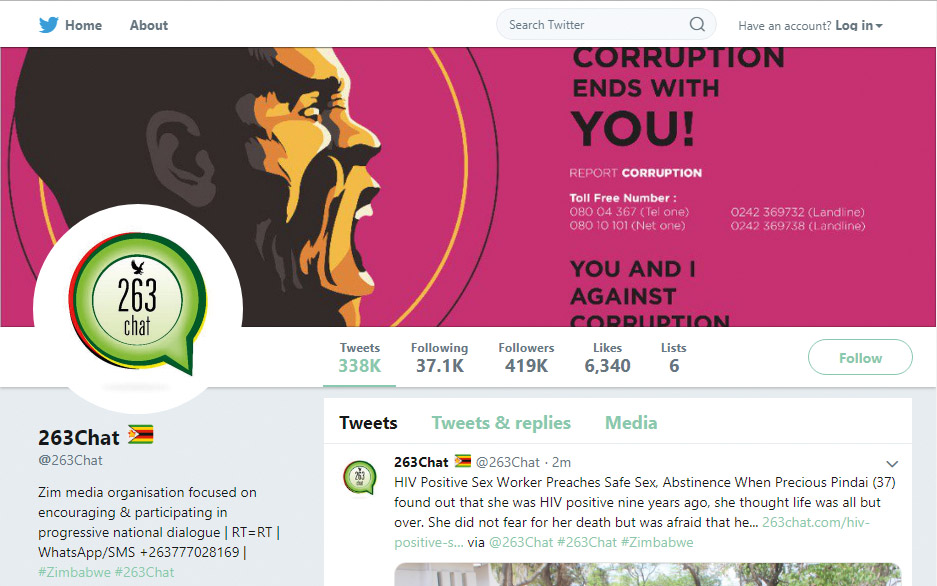Press freedom
Media under assault

Some countries have made remarkable progress. Tunisia, for instance, has risen 30 ranks since last year. Nonetheless, RSF complains about continuing harassment of Tunisian journalists and self-censorship. On the positive side, the international NGO points out that “online media outlets are trying to change this.”
RSF explicitly praises the web magazine Inkyfada, which “provides investigative coverage of very sensitive subjects.” Inkyfada co-published, for example, the “Panama Papers”, documents about secret bank accounts in Panama. According to Malek Khadhraoui of Inkyfada, more than 20 Tunisian nationals were mentioned in these documents concerning money transferred to tax havens. Even the leader of a political party is named. Reporters without Borders considers Inkyfada a proof of growing press freedom in Tunisia.
Other North African countries are faring worse, for instance Morocco. The country has slid down one rank. “Journalists and citizen-journalists are threatened by censorship, surveillance, intimidation, heavy fines and imprisonment,” RSF states. This judgment is endorsed by Ali Anousla from the Moroccan news website Lakome.com. He is living abroad since his website was blocked.
Egypt is even worse. Five years have passed since the uprising of 2011 that marked the Arab spring, yet the situation of the media keeps deteriorating. Egypt has fallen one rank in the recent 2016 World Press Freedom Index, and is now 159th of 180 countries. According to the international Committee to Protect Journalists (CPJ), only China holds more journalists in jail than Egypt, calling this a “systematic imprisonment to silence criticism.”
Ever since the coup d’état of 2013 that ousted Mohamed Morsi, who was the elected Muslim Brotherhood-affiliated president, the authoritarian regime has expanded its power at the expense of human rights and freedom of speech. Journalists are being detained on charges related to their work.
Even some seemingly innocuous topics can prove problematic, reporting about refugees, for instance. There are Syrian and Sudanese refugees in Egypt, yet the media hardly ever mention them. Online journalist Doaa Sultan claims that “we write more about refugees in Europe than about those living in Egypt.”
Despite the continuous crackdown on freedom of speech, the media still tries to cross the red lines. The recent deal between Egypt and Saudi Arabia in April 2016, in which Egypt agreed to cede its sovereignty over two Red Sea islands to Saudi Arabia, sparked anger among the citizens. Many people took to the streets to protest the controversial deal – and this was reported in the media. The regime quickly reacted: at least 30 journalists were arrested while covering demonstrations, according to the CPJ. The daily newspaper of El-Masry Al-Youm – a widely circulated privately owned newspaper – was stopped in the printing press to amend the front-page headline that criticised the visit of Saudi King Salman to Egypt. The original headline read “Two islands and a PhD to Salman … and billions to Egypt”. The headline had to be changed to “Salman visit’s toll: agreements worth $ 25bn”. This marked the first case of open media censorship in 2016.
The tension between journalists and the Sisi regime reached another climax on 1 May 2016, when security forces stormed the headquarters of the Press Syndicate to arrest two journalists accused of stirring public unrest. According to CPJ, dozens of plain-clothes policemen stormed the building, assaulted the syndicate’s private security officers and broke furniture in the lobby. The Interior Ministry, however, denied using force. Yehia Qallash, the journalists’ syndicate's president, called the raid “unprecedented.” The organisation’s headquarters had been a safe place for protests for 67 years. Ironically, the assault on the syndicate came one day before World Press Freedom Day.
Ingy Salama
Links
Reporter without Borders – Press Freedom Index 2016:
https://rsf.org/en/ranking
Web magazine Inkyfada, Tunisia:
https://inkyfada.com/
Syndicate of Journalists, Egypt:
http://www.ejs.org.eg/











